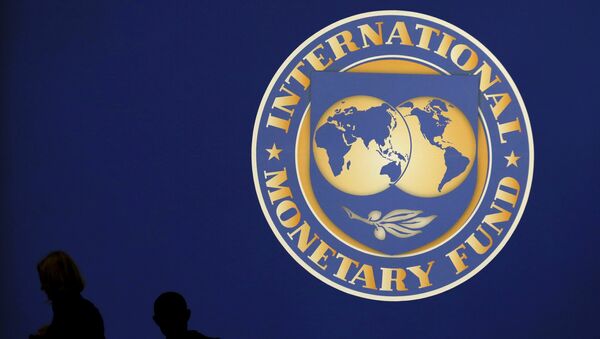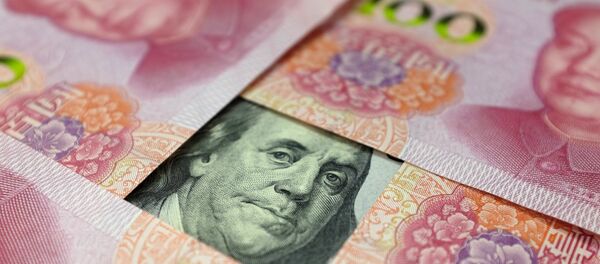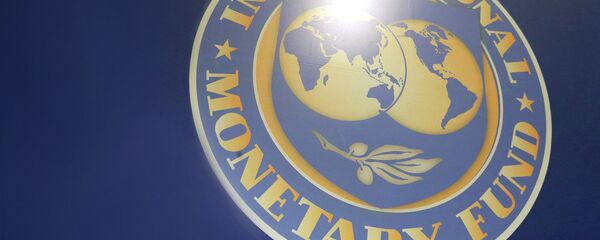Toughening liquidity, trade tensions between Western and the Eastern countries, as well as open-ended structural matters, mean that Middle Eastern nations are facing a number of challenges, according to the International Monetary Fund's report.
"The fragile recovery requires further reforms that will help diversify economies, create jobs, and secure resilience. The required reforms include further steps toward the full elimination of energy subsidies and changes to pension and social security systems," the IMF said in its latest Regional Economic Outlook.
The MENAP countries need to generate some 25 million new jobs over the next five years to guarantee solid economic growth, warning of the negative outcomes of unemployment coupled with rising debt levels, according to the director of the IMF's Middle East and Central Asia department, Jihad Azour.
"On the international side, the increased tension on trade could have an impact on the region, especially indirectly. The tightening of global financial conditions, if interest rates will continue to go up and liquidity will be less available, this will affect countries with a high level of debt — mainly oil importing countries where the average debt exceeds 80 percent (of GDP)," Azour said.
READ MORE: IMF Prognoses Amid US-China Trade War Resemble Kabbalah Predictions — Academic
One of the organization's stated goals is to make financial resources available to member countries to meet their balance of payments needs.




